
Sooo, that’s another bingo game behind us already! Many thanks to our game hosts for successfully moving the game from BookLikes to a new venue and organizing one heck of a game despite that venue’s built-in limitations. I had a great time and would only have wished I could have participated more throughout the game (particularly in October).
As I had expected, RL started to run major interference by mid-September; and while initially I was at least still able to continue reading (even though I no longer had any time to compose update posts here on WP), by the beginning of October, even reading was essentially a no-go. Just as well that I had powered through my remaining books by that time … otherwise, this would likely have been the first year in which I hadn’t made it all the way to blackout.
Anyway — here’s my blacked-out bingo card — gained after having had to wait for Doomsday (to be called … on the game’s very last day, at that: could there possibly have been a better conclusion to this year’s game?), with my “virgin” card below and my final spreadsheet at the end of this post:


The Game’s Final Books
… (roughly) in the order in which I read them:
Naomi Novik: Spinning Silver


![]()
Book 2 in Novik’s series of books updating classical fairy tales (though not, actually, a sequel to Uprooted — this one very much stands on its own ground): essentially, a blend of Rumpelstiltskin, Baba Yaga, and the English / British version of the elf lore, set in a fictional Eastern European country that is, however, very clearly inspired by Russia — down to the use of proper names, titles, and other terms, which are either downright Russian or a sort of pan-Slavic bowdlerization of Russian, Polish, or other Slavic terms.
Novik almost lost me during the initial scene-setting, which struck me as overly elaborate and wordy (she’s clearly her own greatest fan where it comes to the use of descriptive language or, for that matter, even “showing” instead of “telling”); but once the story got going, I was happy enough to come along for the ride, and there were enough innovative elements to keep me interested throughout. It was probably a good thing that both the source material and the setting were entirely fictional, though (even if heavily borrowing from Russian and pan-Slavic elements), because I’m almost certain that if Novik had aimed for an existing historical setting (as she does in her Temeraire series), she’d have had me wincing at some point or other. — I may go on to read Uprooted or another fairy tale-based book by her eventually, but it’s not a priority, and after this first taste of her writing, I am even less eager to go anywhere near Temeraire.
The Medieval Murderers: The Lost Prophecies
This was a reread, which this time around I liked quite a bit better than when I first read it a few years ago. The Medieval Murderers series of round robins are the perfect books for the “Relics and Curiosities” Halloween Bingo category, as their very concept consists in following one (supposedly cursed or unlucky) item through history, from its first use or appearance at some point in the (typically: early) Middle Ages to the present day (or beyond); so they have become sort of my go-to series for this bingo square. Yet, in this particular instance I was sorely tempted to change my mind and assign the book to either the “Doomsday” or the “Dystopian Hellscape” square, as it ends with a scary-and-believable-as-hell doomsday scenario set in a post-climate-catastrophe future, with half the world (e.g., all of Africa and India) essentially burnt up and turned into a scorching, uninhabitable desert, and the better part of the rest half-submerged by the world’s oceans after the melting of the polar ice caps. (It’s also a showcase for not extrapolating too noticeably from the political order at the time of writing, though, as it was written pre-Brexit and more or less takes Britain’s continued membership in the EU as a given … oh well.)
Like in all the books in the series, the individual sections of The Lost Prophecies (which concerns a book of doomsday prophesies compiled by a 6th century Irish monk) can, at heart, stand on their own, even though there are occasional cross-references; particularly, of course, to the “dangerous book”‘s mysterious origins. Individually and collectively, the book’s various parts take the reader on a journey from 6th century Ireland to medieval Devon, late medieval Cambridge, the Tartar Steppe, rural England in Shakespeare’s times, and, as mentioned above, the doomsday world of the “dangerous book”‘s final prophecies. As is to be expected in a round robin — and as is typically the case in this series, too — not all of the individual mystery sections are equally strong, and I’ve found my previous likes and dislikes essentially confirmed upon this reread, even if, as I said, I liked the book quite a bit better as a whole this time around.
A.S. Byatt: Ragnarok


![]()
Ultimately, I decided to go with Byatt’s take on Ragnarök for the “Doomsday” Halloween Bingo square, because let’s face it, doomsday doesn’t get anymore terrifying than in Norse mythology — and I am glad that Byatt, for one, didn’t try to humanize the Norse deities, as so many other authors do in their attempt to make them understandable to modern readers. (You can easily do that to the gods of Greek mythology — and honestly, that’s one of the reasons why as a child I found them, and Greek mythology as a whole, much easier to understand than Norse mythology; but try to assign human characteristics and motivations to Thor or Loki and you’re instantly missing their intrinsic nature.) By the same token, I found it intriguing that Byatt herself — as the “thin child” through whose eyes we are witnessing Ragnarök here is, as she herself confirms in the book’s afterword, an only thinly-veiled edition of Byatt’s younger self — was drawn so much to the Norse version of doomsday in her younger years. Of couse, what with WWII persistently threatening to destroy her own world, on the one hand it’s easily understandable that she would turn to the kind of storytelling that centers on precisely this sort of catastrophe; on the other hand, the thoroughly alien and hard-to-grasp Norse deities don’t seem to be the very first, logical point of identification coming to mind. All the more thought, however, Byatt clearly put into her approach to Ragnarök, and all the more the whole thing is to the benefit of the reader … even if, like myself, that reader still comes away preferring Greek to Norse mythology.
Sharyn McCrumb: The Ballad of Tom Dooley


![]()
Just as the Medieval Murderers series has, over the years, become my go-to series for “Relics and Curiosities”, Sharyn McCrumb’s Ballad series is my go-to series for the Southern Gothic bingo square. I’ve enjoyed all of the books from that series that I’ve read so far; none more than The Ballad of Frankie Silver. This particular entry, while not a complete let-down, was thus a bit unexpected as it is the first time that I could not empathize with one of the major POV characters (which, I find more and more, is kind of crucial to my enjoyment of a book); not least because I thought her character unnecessarily clichéd. And although McCrumb insists that — like in her other Ballad novels — the essential story is based on historic fact, she seems to have given in to conjecture here more than she usually does, which is something that I find problematic at least if, like here, it involves people who have actually lived, and have been a part of the events described, though not necessarily (or at least not demonstrably) in the way set forth by the author. — Research and faithful narration aside, however, McCrumb can still write rings around many another writer, and her scene-setting and ear for dialogue (both interior and exterior) is as flawless as ever here.
T.S. Eliot: Old Possum’s Book of Practical Cats

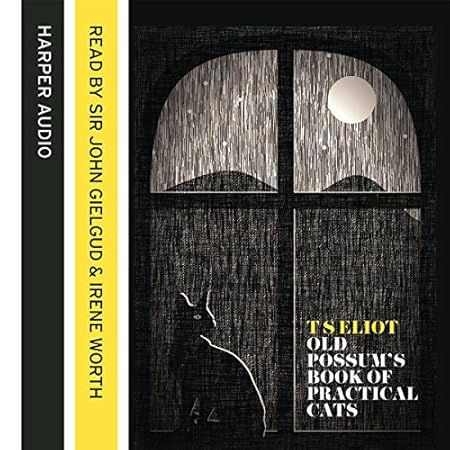
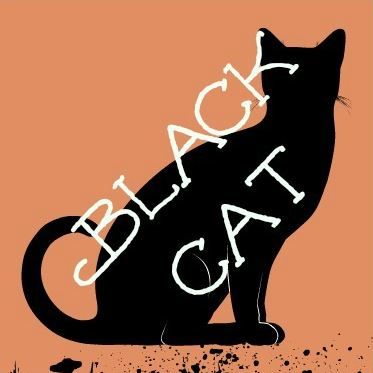
![]()
Original review HERE.
Additional separate post HERE — Macavity, Mr. Mistoffelees & Co. in all their feline glory still very much deserve a post of their own!
Michael Jecks: The Malice of Unnatural Death



![]()
I’ve been a fan of Michael Jecks’s Knights Templar series for a number of years now, and although he pretty much grabbed me with the opening scene of that series’s very first book (and never mind that that particular book did come across as more of a typical “early” book later on), I keep enjoying how much better the series gets the further it progresses. I am not reading it in order (though I’ve read enough books at this point to have a fairly solid grasp of the two main characters’ overall story arch) — so far this hasn’t greatly bothered me, but I may find it more difficult to go back to some of the earlier books after having read this particular installment, which, never mind its occasionally gut-wrenching scenes, is a veritable page-turner and darned near perfectly crafted in virtually every respect. It’s also the perfect Halloween (bingo) read, in that it combines a (medieval) mystery — set in Exeter and the main characters’ nearby Dartmoor home — with apparent elements of the supernatural; concerning, as it does, the activities of a necromancer — an assassin claiming to be in league with the devil and using powers bestowed on him by the devil in order to carry out his murders (in the dead of winter, at that). All told, this was definitely one of the highlights of my bingo reads this year.
Ellis Peters: The Devil’s Novice

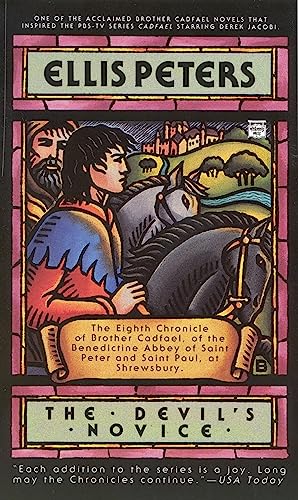

![]()
Another (re-re-)reread and, not just in its medieval setting, the perfect follow-up to Michael Jecks’s The Malice of Unnatural Death: The story of a young man professing an earnest desire to become a novice at Shrewsbury’s abbey of St. Peter and St. Paul and yet, soon revealing in his sleep that he is haunted by demons that will need to be exorcised before any decision about his future can be made — not just the decision whether he is meant for the cloister at all.
This is one of my favorite installments in Ellis Peters’s Brother Cadfael series; I’ve revisited both the book and the screen adaptation starring Derek Jacobi numerous times … and I confess that petty li’l me always gets an extra kick out of seeing the odious Brother Jerome brought down a peg or three here when he is temporarily rendered incapable of speech. (And I feel secure in the knowledge that not merely Cadfael but Abbot Radulfus shares that sentiment, so I don’t feel the least bit guilty about it, either.)
Alice Hoffman: The River King


![]()
This was, incredibly, my first taste of Hoffman’s writing — in hindsight, I’m wondering whether I should have started with her Practical Magic books after all (but then again, I might be wondering about the same thing in reverse — i.e., whether I should have started with this book — if I had). Either way, I was a bit more underwhelmed than I had expected to be — with this book, at any rate: I”ve always been much less certain that the Practical Magic books are for me, and am even less certain about that now.
This is a murder mystery with supernatural elements set in a New England prep school: I found the main characters and the setting well enough executed, but I suppose I’m just too prosaically-minded to see what the supernatural elements added to the (by and large sordid, but hardly original) story — and Hoffman’s writing at times has a downright manipulative quality that I found more and more jarring the further I progressed in the book. I also have a serious bone to pick with the ending, which doesn’t seem to hold out much hope for the victims of bullying in this (the real, not the supernatural) world — in a book that clearly aims to send a message, that is just about the last sort of message I’d want to see.
Colin Dexter: The Dead of Jericho





![]()
Another comfort (re)read (well, its been that kind of year … and fall): It was more or less “six of this, half a dozen of the other” whether I’d use this book for the “Film at 11” bingo square and something from Ellis Peters’s Brother Cadfael series for “Read by Flashlight or Candlelight” or vice versa, but I ultimately decided to go with the more obvious focus on the book as actually written here, simply because this book’s screen adaptation is one of the Morse TV episodes I care somewhat less for than the series as a whole. The reason is that the screenwriters’ fiddling with the plot (which is present, to some extent, in all episodes of the TV series) in this instance creates a structure that is several degrees more serpentine than the already fairly convoluted plot of the actual book — which in turn, for a number of reasons isn’t my absolute favorite in the series, either, but as a writing exercise it’s still superior to the screenplay. (No reflection on the cast: John Thaw, Kevin Whately, and Gemma Jones are all in great form.)
Another reason for my decision to pick this book for this particular square was that the audio version is narrated by Samuel West, who does an absolutely phantastic job, as he does for the entire series.
In keeping with the theme of this square, I made this listening experience as comfortable and laid-back as possible; starting while having a bath and finishing in bed — with my obligatory black(ish) Halloween bingo good luck cat by my side. — Thanks again to Lora who agreed to flip this square for my original card’s “Stone Cold Horror” … I’d never have found a horror novel set in winter on my shelves (nor been inclined to read it even if I’d found one, this year being what it is)! You’ve got to admit … this was the much more “feel good” version:





Patricia Highsmith: Ripley Under Ground


![]()
This year’s Halloween Bingo buddy read — thanks again to Christine, BrokenTune and Lillelara for the fun of reading this book together! Somehow, that seems to be the way Patricia Highsmith’s books are enjoyed best … Though I have to say, while I struggled with Strangers on a Train, I’m getting a complete and total kick out of Tom Ripley. I mean, sure, he’s a psychopath, and it was slightly even more fun to watch him turn into the monster that he actually is in the first book … but it was still eye-rolling good fun to watch his antics in the arts world. (He also seems to be one of the notable exceptions to the fact that, as a rule, I have to be able to empathize with at least one of a book’s POV characters, see above. Which is a rule that of course also applies to Highsmith’s books — hence, in part, my response to Strangers on a Train — and c’mon on, you can’t seriously root for a psychopath … or can you?!)
Wilkie Collins: The Woman in White



![]()
Thank God for writers like Wilkie Collins, who always provide(s) me with enough options to fill at least one horror-related bingo square without having to reach for a spell card … and still read something generally classified as “horror” (or “gothic”) without actually being scared out of my wits and unable to sleep afterwards. In The Woman in White, it’s all in the psychology: At heart, this is more mystery than what we’d call “horror” today — chiefly concerning, as it does, the identity of the eponymous “Woman in White” and the goings-on in a house that, it turns out, she used to call her home — but one character (the odious Count Fosco) alone provides enough of a creep factor to satisfy the definition as “gothic” three times over, and most of the other tropes of the genre are present as well (mysterious lonely country estate, women in peril, doomed love, fire, etc.) — For those who may have struggled with Collins’s The Moonstone: This is similar in structure in that it, too, has several narrators, but none of them have quite as many idiosyncrasies as does Betteredge, in particular, in The Moonstone; and I also found The Woman in White somewhat more tightly plotted.
W. Stanley Moss: Ill Meet by Moonlight
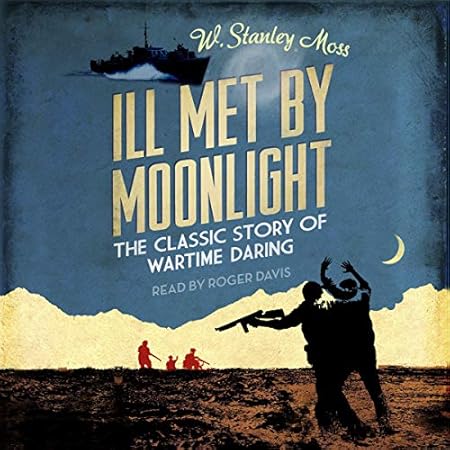
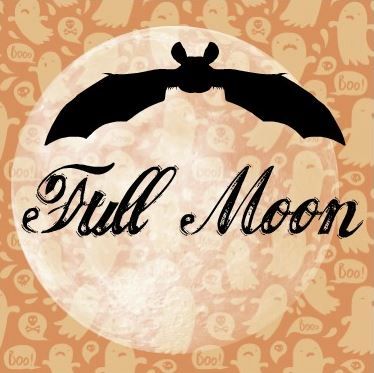
![]()
The book I’ve wanted to read ever since I visited Anógia village, high up in the Cretan Mount Ida (or Psiloritis) massif, several years ago: The first-hand account of the WWII abduction of German Major General Heinrich Kreipe near his home in Heraklion, after which Kreipe was marched all the way up the mountain and, ultimately back down again to the southern coast of Crete and, from there, into English captivity in Egypt for the entire rest of the war. I’ve posted about this before, so by way of background I’ll let that other post say all that is necessary … for purposes of this update, let me just add that “the book itself” is a ripping great read and then some; not just because it’s all true (what need for fiction if reality can write this sort of story?!), but also because Moss’s narrative style is tremendously engaging; affable and charming, understated, and straightforward at the same time. — And for anybody wondering just how fast friends he and Patrick Leigh Fermor (only incidentally his commanding officer in the venture) really were, I’ll give you just one excerpt; straight from Moss’s diary, which forms the backbone of the text, in this particular instance, from their first day in the cave (!) where their little group awaited the arrival of “Paddy” Leigh Fermor and the rest of their contingent:
“To remain here for a few days in comparative idleness will not be unpleasant. I have with me the books which Paddy and I selected in Cairo to take with us, and among them there is something to suit every mood. My literary companions are Cellini, Donne, Sir Thomas Browne, Tolstoi, and Marco Polo, while in a lighter vein there are Les Fleurs du Mal, Les Yeux d’Elsa, and Alice in Wonderland. Then there are The Oxford Book of Verse and the collected Shakespeare which Billy MacLean gave us on our last night in Tara [before starting on the mission] …”
Only a person whom Patrick Leigh Fermor considered a true brother in spirit would find it perfectly normal — even indispensable — to bring (a) any books at all, (b) so many books, and (c) these books of all the books in the world on a potentially deadly mission in enemy territory (as Crete was for the Brits in WWII) … not to mention, consider Baudelaire’s controversial masterpiece and Louis Aragon’s patriotic wartime poems to his muse Elsa something “in a lighter vein.” (And, of course, this is only one of several passages in the book that literally had me do a double take.)
N.B.: I’ve since found out that above and beyond the passage quoted in my other post, Leigh Fermor actually did end up writing his own full, book-length account of that particular mission, too … guess what went straight into my online shopping basket once I’d made that discovery.

J.J. Connington: Nordenholt’s Million


![]()
This was a book I instantly knew I’d be saving for Halloween Bingo after I’d read its back cover blurb. And it proved chillingly topical for our times — it sort of describes the combined effect of Brexit (and Trump in the U.S.), venture capitalism, and a rampant, out-of-control biological pest coming together. (As a minor but significant tangent, also throw in religious fundamentalism.)
In the book’s case the pest is a bacterium that destroys the chemical compounds in which plants ingest nitrogen; in other words, it’s a killer with the capability of destroying the world’s entire food reserve (not just plant-based — animals directly or indirectly (via their prey) feed off plants, too, after all) in the space of less than a year. In the crisis brought about by the bacterium’s spread, a businessman / venture capitalist “relieves” the inept government of the reins of power — first behind the scenes, ultimately overtly — and puts in place a scheme where 90% of the British population (and 99+ % of the world’s population) are condemned to starve, while the remaining 10% of Brits — all of them, of course carefully selected — are put to use in creating a new, utopian society, which alone is in possession of nitrogenated soil and can grow plants. (When religious fundamentalism takes hold in that community of the “select few”, the leader of the cult is first publicly unmasked as a fraud and then, literally only seconds later, shot dead in full view of the crowd he has amassed.)
I was shocked to see that this book was published in 1923; after having read the first chapters, I’d have expected at the very least that Connington had seen Hitler’s “Enabling Law” and use of the press for propaganda purposes in action, but no … and yet, he foretells them with a frightening degree of accuracy, only on the basis of the British system (which, yes, you’ve guessed it, in the book does include adjourning parliament to avoid inconvenient questions. And yes, at the moment when the crisis hits, the future dictator is an MP himself, too … by way of a sort of lateral activity, with the ultimate aim of furthering his venture capitalist interests). The way in which Connington pretty much foretells everything we saw with Hitler, and everything we’re now seeing with the combined effects of Trump, Brexit, a venture capital-based economic system AND the pandemic is scary to the nth degree … I’m glad he only ever put his ideas into this book and didn’t, himself, set about putting them into practice.
Connnington was, incidentally, a chemist by training, so he clearly knew what he was writing about as far as the scientific elements are concerned. In fact, he was even prescient enough to foresee the use of nuclear energy — it’s the energy on which his future, utopian cities are ultimately run. (They also consist of buildings made of other materials than stone or concrete, not unlike the building materials that are actually used today.)
If, in the final analysis, I only ended up rating the book 3 1/2 stars after all, this is based on essentially three reasons, and all of them only truly materialize in the final part(s) of the book — though some of these issues already start cropping up about halfway through:
(1) In terms of social clichés and perceptions, Connington was, alas, very much a man of his times. There’s no sugarcoating the fact that the book contains some glaringly racist passages (and it’s not unconscious racism, either — he clearly meant every word); and, similarly, his take on women and women’s role in society is … well, let’s say, at the very least problematic. There’s a distinct element of misogyny; even if it’s not quite as blatant as the racism (and he may even have believed he was doing something “advanced” in expressly giving one particular woman more of an active voice / role in building that utopian society).
(2) Connington, like a fair number of his contemporaries, was in favor of euthanasia — which is a fact I only know because I’ve read Martin Edwards’s two books about Golden Age crime fiction; but even if I hadn’t known this going in, it would have been hard to miss here. However terrifying the first half of the book, the more the narrative progresses, the more it becomes clear that the author himself doesn’t, fundamentally, seem to see anything wrong with starting from a “clean slate”, as it were, of hand-picked superior human material (although even he does seem to balk at the more horrific aspects of achieving such a “clean slate”). I haven’t read anything else by Connington yet — except for one mystery short story, that is — and I’m willing to grant that, had he foreseen the extent to which the Nazis took their particular version of a “clean slate”, he, too, would have been horrified. (He died shortly after WWII; maybe some of his final literary output can provide some guidance as to his thinking once the world had begun to learn about the unspeakable horrors wreaked by the Nazis.) Still, it’s an unnecessarily jarring feature.
(3) The utopian society ultimately emerging from all the turmoil is presented only in the sketchiest of terms, in great contrast to the description of the destruction of the world as it had been known until then. Granted, this wasn’t Connington’s focus, but the ending of the book still feels rushed; and I found it hard to envision how, even after the discovery of nuclear energy (for which not one but several scientists knowingly and selflessly sacrifice their own lives … really, Mr. Connington??), the whole thing is supposed to have worked out … especially without the least further social turmoil. As Connington himself shows, human society doesn’t work like that — and it’s not just the “dumb, gullible masses” (whoever they are) who won’t be pacified by the “bread and games” approach forever.
Still, I am glad that I have read this book — and there were times when, in the first half especially, I very much felt like quoting huge passages verbatim and yelling at people: “Listen to this — and this is from a book published in 1923, for crying out loud!”
Julie Smith (ed.) & Various Authors: New Orleans Noir

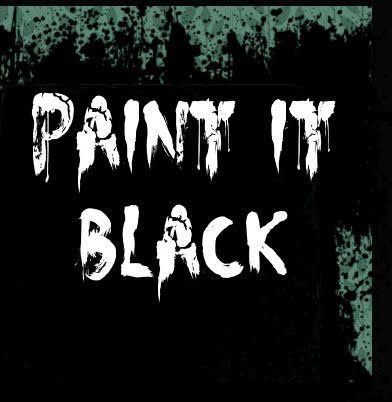
![]()
This year’s final bingo book: an anthology of mystery short stories set in New Orleans, by some of the Big Easy’s best-known crime writers. As is usually the case with such compilations, some of the entries struck more of a chord with me than others, but taken together, they definitely conveyed an image of how the city just might see itself — or at least, some of of its seamier sides. In a way, it also proved as fitting a final Halloween Bingo book as Nordenholt’s Million (which I had initially expected to finish last): what I hadn’t known when I picked this anthology — but instantly learned from the introduction — was that this book was put together in support of post-Hurricane Katrina disaster aid. And in a year largely dominated by a global pandemic, that seems as apt a way to conclude my Halloween Bingo reads as having to wait for the Doomsday square to be called in order to be able to record my full “called and read” card blackout.

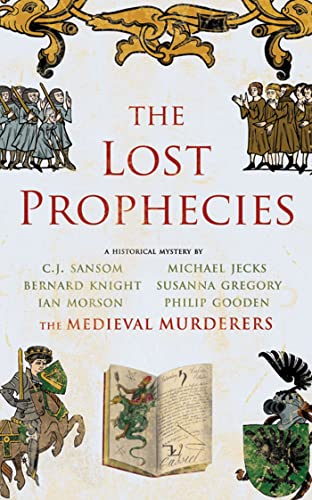


 Previous Status Updates:
Previous Status Updates:



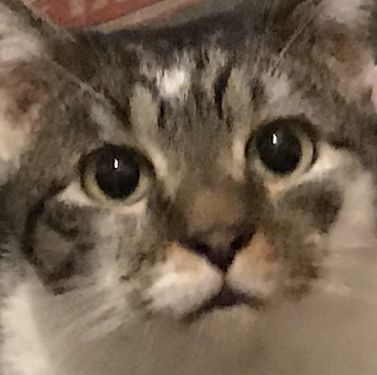





 MURDER MOST FOUL
MURDER MOST FOUL INTERNATIONAL WOMAN OF MYSTERY
INTERNATIONAL WOMAN OF MYSTERY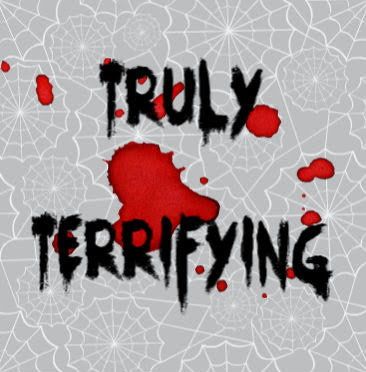 TRULY TERRIFYING
TRULY TERRIFYING AMATEUR SLEUTH
AMATEUR SLEUTH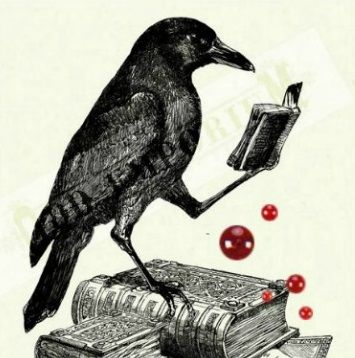 CENTER (RAVEN) SQUARE
CENTER (RAVEN) SQUARE THIRTEEN
THIRTEEN PSYCH
PSYCH DIVERSE VOICES
DIVERSE VOICES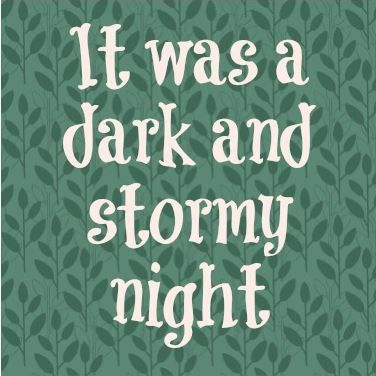 IT WAS A DARK AND STORMY NIGHT
IT WAS A DARK AND STORMY NIGHT NEW RELEASE
NEW RELEASE DARKEST LONDON
DARKEST LONDON


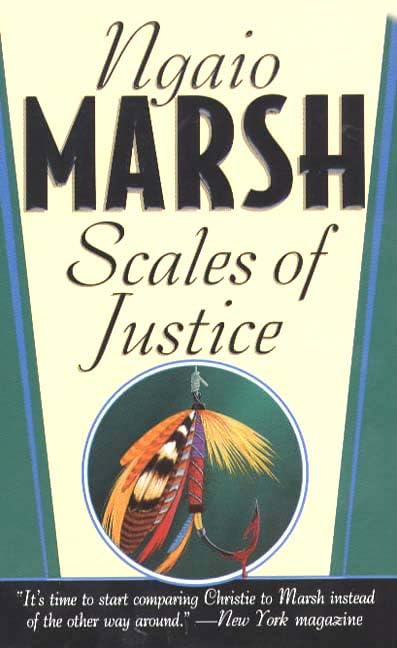






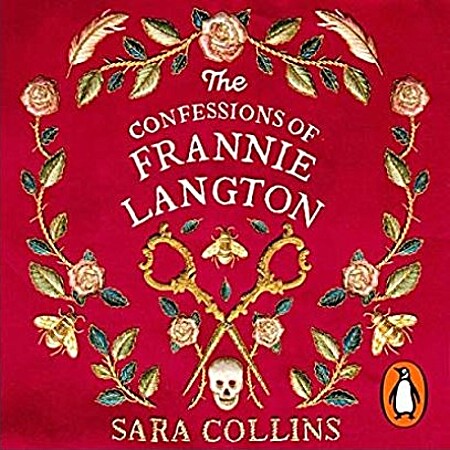
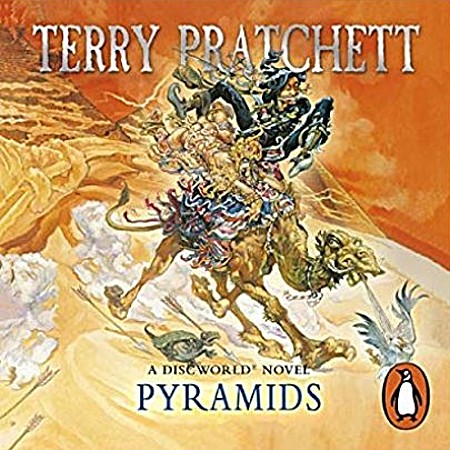
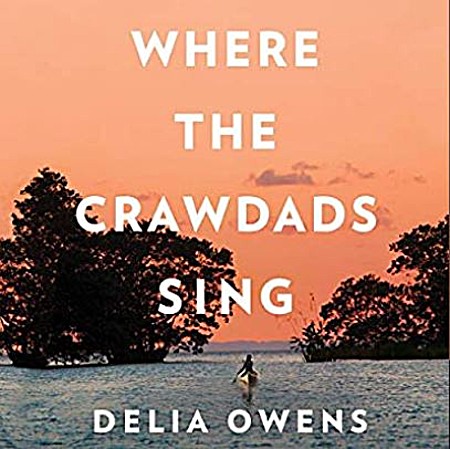
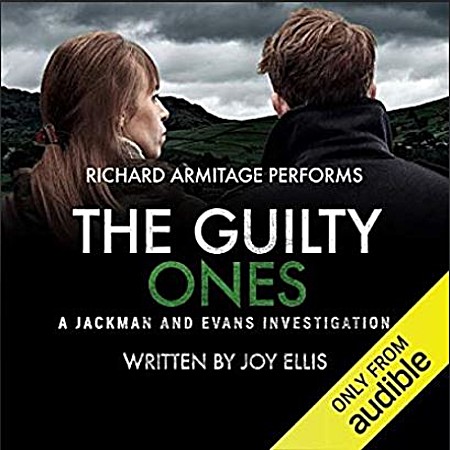
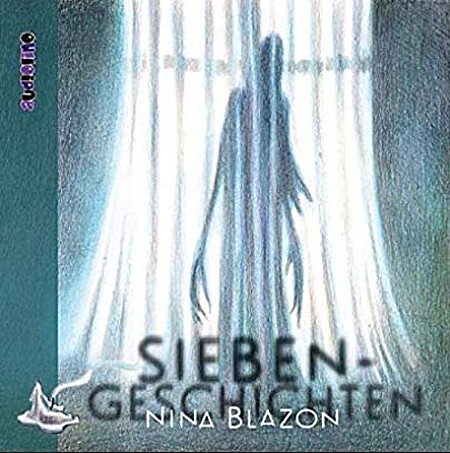
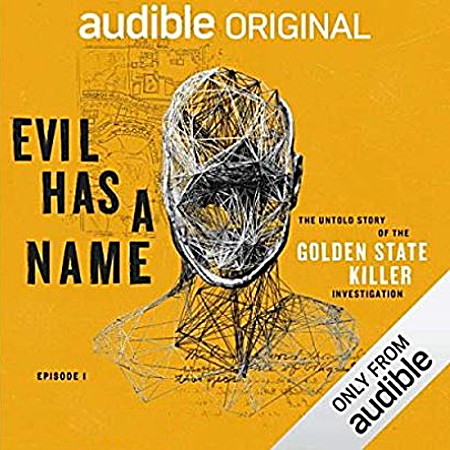
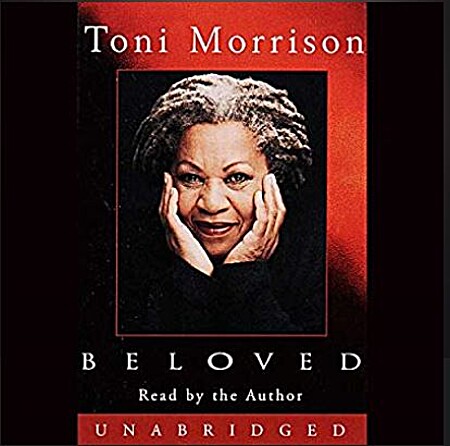
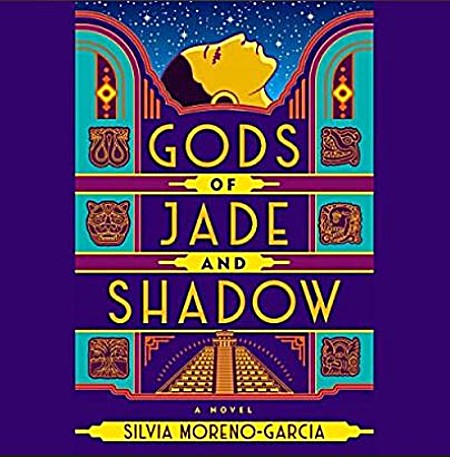
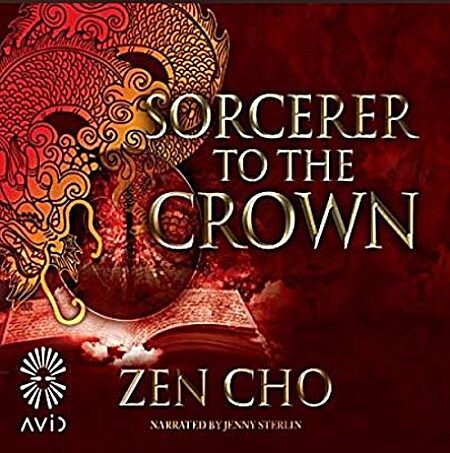
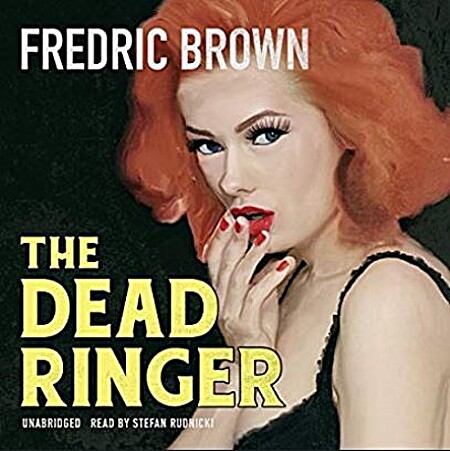


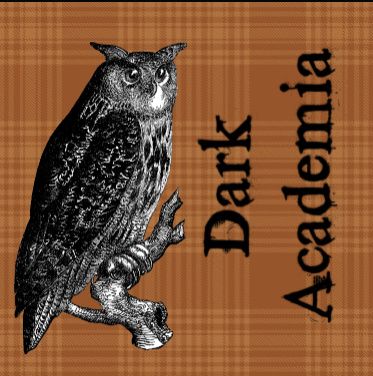

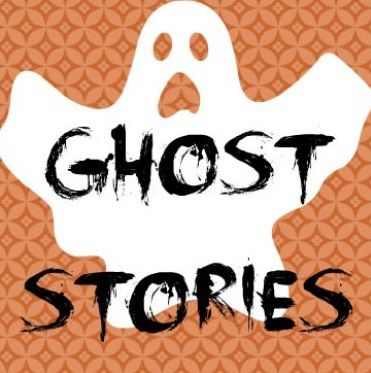
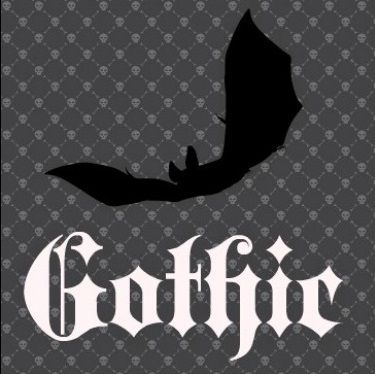










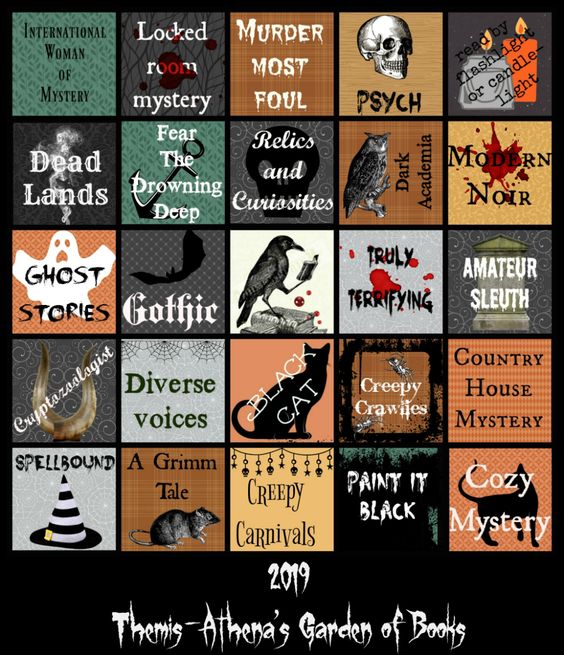




















You must be logged in to post a comment.